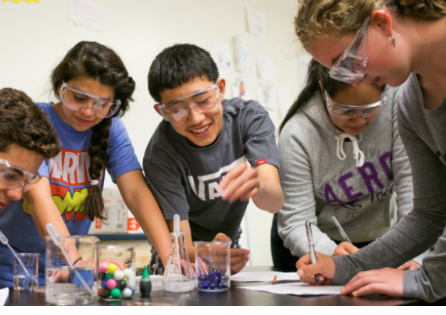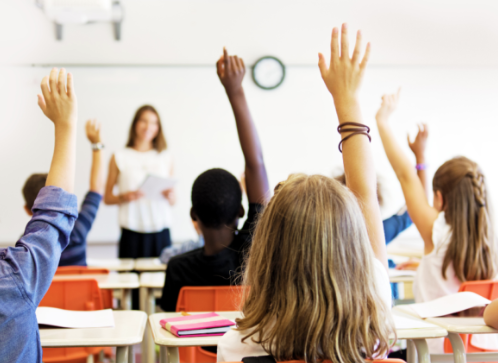Personalized learning is reshaping how students prepare for college by fostering critical thinking, self-direction, and a deeper connection to academic goals. Unlike traditional models that emphasize uniform instruction, personalized learning adapts to each student’s pace, strengths, and interests—skills that are essential for success in higher education. As more schools adopt this approach, the positive effects on college readiness are becoming increasingly clear.
Encouraging Independent Learning
College requires students to manage their own schedules, meet deadlines, and navigate complex assignments. Personalized learning builds these skills early by:
- Allowing students to set learning goals.
- Encouraging time management and self-assessment.
- Offering flexible pacing to promote accountability.
Through this autonomy, students become more confident and prepared to handle the responsibilities of college life.
Building Strong Academic Foundations
When students can learn at their own pace and receive targeted support, they’re more likely to master core subjects. Personalized learning ensures:
- Deeper understanding of key concepts.
- Opportunities for remediation and enrichment.
- Customized learning paths that align with future academic plans.
These strategies help close achievement gaps and prepare students for the academic demands of college coursework.
Enhancing Motivation and Engagement
Personalized learning connects schoolwork with students’ interests and goals, which leads to higher motivation. Students are more likely to:
- Take initiative in their learning.
- Pursue challenging topics.
- Develop a lifelong love of learning.
Such engagement not only improves high school outcomes but also fosters persistence in college.
Strengthening Soft Skills
Colleges look for students with strong communication, collaboration, and problem-solving abilities. Personalized learning supports soft skill development through:
- Project-based learning and group work.
- Peer feedback and self-reflection.
- Opportunities for creative expression.
These experiences help students transition more smoothly into college environments that demand teamwork and independent thought.
Preparing for College and Career Pathways
Personalized learning often includes goal setting and career exploration. This helps students:
- Align their high school courses with future majors.
- Explore interests through internships or specialized projects.
- Make informed decisions about college applications.
Conclusion
Personalized learning plays a key role in preparing students for college by promoting academic readiness, independence, and motivation. With its student-centered design, this approach equips learners with the habits and skills they need to succeed in higher education and beyond. Schools that prioritize personalized learning are investing in a stronger, more capable generation of college-bound students.














